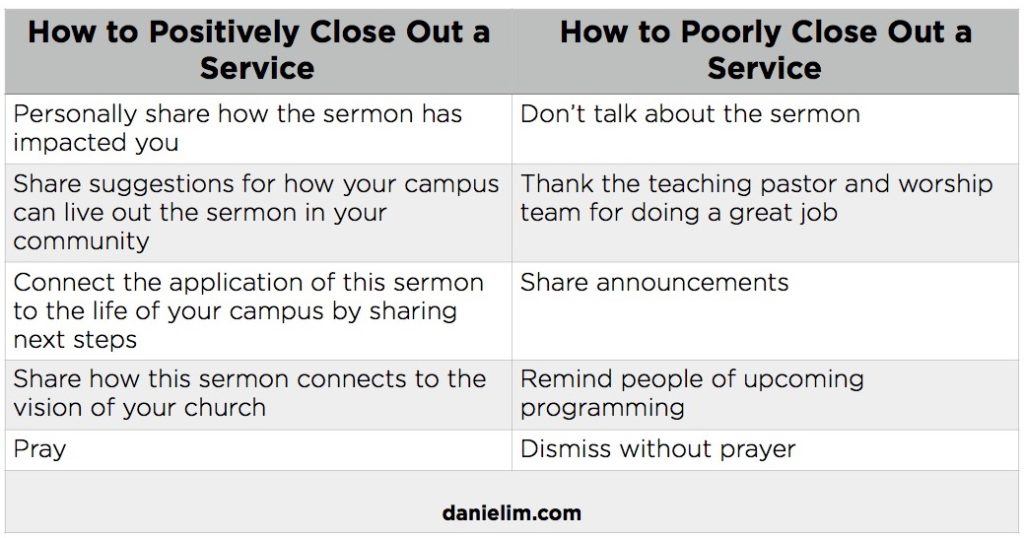“Dead orthodoxy cannot fuel a movement. We need a living theology.”
What powerful words on the opening pages of Chapter 5 – Missional Theology in JR Woodward and Dan White Jr.’s latest book, The Church as Movement: Starting and Sustaining Missional-Incarnational Communities. I was privileged to speak into the development of this book at a few different levels, first as an anonymous reader, and second over my kitchen table with JR. Here’s both a summary and my wholehearted endorsement as quoted from the first pages of this book:
Practitioner led, biblically based, and theologically sound. In this book, JR and Dan have been able to navigate the line between missiology and strategy by presenting a team guide for discipleship and church planting. So buy this book, gather your friends together, and learn how to start a movement that will change your city!
This article is Part 5 of a Blog Tour for this book. You can look up #churchasmovement for links to the other articles, as well as go to their website for additional resources and downloadables.
There are four ways that God shapes us for His mission.
That pronoun, His, is key because the mission that we are on is ultimately not ours or about us. Mission is not what we can do, it’s what God is doing in this world and how we can join Him! The South African Missiologist, David Bosch, in his epic primer on all things missional, Transforming Mission: Paradigm Shifts in Theology of Mission, says this about the mission of God, or missio Dei, as he refers to it.
Missio Dei has helped to articulate the conviction that neither the church nor any other human agent can ever be considered the author or bearer of mission. Mission is, primarily and ultimately, the work of the Triune God, Creator, Redeemer, and Sanctifier, for the sake of the world, a ministry in which the church is privileged to participate. Mission has its origin in the heart of God. God is a fountain of sending love. This is the deepest source of mission.
So if this is ultimately God’s mission and not ours, how can we participate in it? How does God get us ready for it? And how does this concept shape the way we need to approach ministry and mission? Here are four ways that God shapes us for mission, as outlined in Chapter 5 of The Church as Movement. I’ve built upon their ideas here.
1. He Initiates
Instead of strategizing on how your church can make the biggest missional bang in your city, the better way to join God in His mission is to first grow in your listening and noticing skills.
[Read more…] about 4 Ways God Shapes Us For Mission




